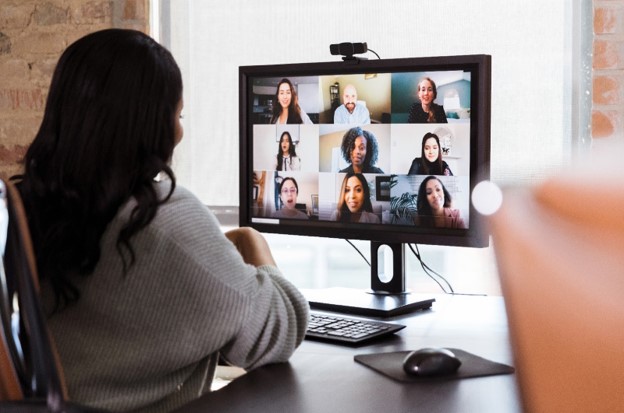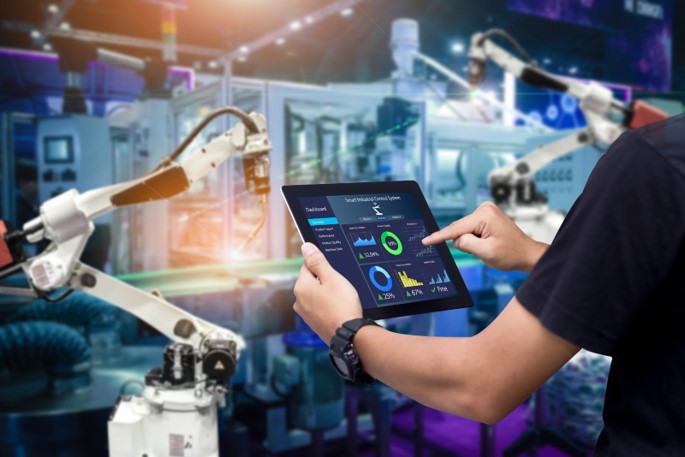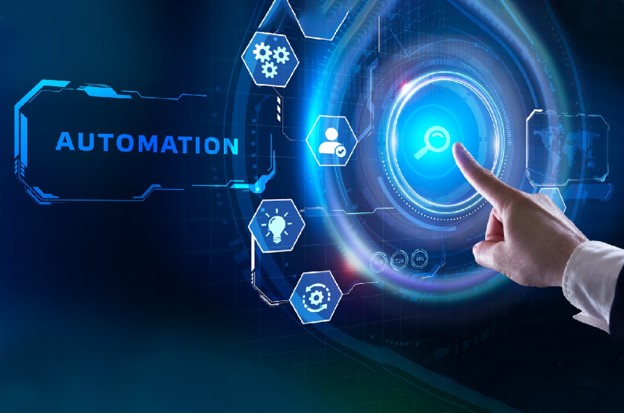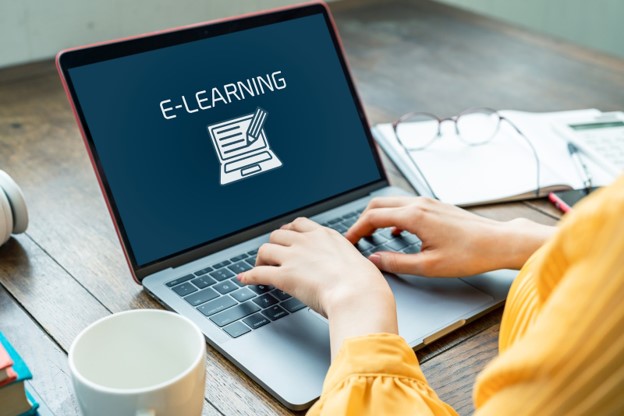For many of us, 2020 was the year of Zoom conference calls, work-from-home arrangements, and telecommuting between A/B teams. Inevitably, COVID-19 has changed the way we work.
Gone are the days of the regular 9-to-5 grind as employers begin to discover the possibilities of a digitally-empowered workplace, expediting a global shift towards a new frontier of flexible, distributed work.
As we advance towards the age of digital disruption, here are 4 digital workplace trends you can look forward to in 2021 and beyond.
#1 Virtual Collaboration and Communication
Many of us may not have heard of Zoom prior to the pandemic. According to statistics from Zoom Video Communications, daily users spiked to 200 million at the onset of the pandemic in March 2020 last year, up from 10 million in December 2019.
As Zoom boomed, virtual meetings, conferences, and even job interviews became commonplace and employers began to adopt digital workplace technologies to facilitate collaboration and communication remotely. At Singapore Science Park, large-scale community events previously held on-site went online for the first time in 2020. In August, we gathered the community to celebrate our nation’s 55th birthday over weekly quizzes and interactive content through a bespoke microsite. On social media, we built virtual collaboration by encouraging members to nominate their fellow colleagues as Community Ambassadors and pen their well-wishes for the country.
Efforts to boost community morale virtually extended well into the end of the year, where we introduced Live It Up!—our annual wellness and environmental sustainability movement—as a fully digital experience. Over the course of 12 days, we curated a series of digital events and content to empower our community members to take charge of their personal wellness while caring for the environment. Initiatives such as Water The Community Plant brought members together on Facebook to complete daily challenges centered around wellness and sustainability, while articles replaced lunchtime talks in inspiring workers towards leading a healthier and greener lifestyle.
As the year of many firsts, 2020 marked our inaugural participation in SWITCH, Asia’s leading technology, innovation and enterprise festival. Bringing together Singapore Science Park innovation community builders Bridge+, CoSpace Park and NUS Enterprise, we were in awe of the extent technology can bring together many tech giants and innovation enterprises from all over the world.
Beyond the pandemic, we can look forward to more innovative ways of virtual collaboration and communication. With telecommuting gaining popularity amongst employees, expect an upsurge in remote technology and products that are equipped with real-time sharing and file-based collaboration capabilities, as well as increasing cyber security software to protect the privacy of workers. New video conferencing solutions could also be integrated with virtual and augmented reality to simulate a working environment where users can meet, communicate, interact, and collaborate as if in real-life.

#2 Smart City, Smart Workplace
What’s a smart city without smart workplaces?
As Singapore’s largest 5G smart estate trial site, the Singapore Science Park is the first business park in the city to adopt on-demand autonomous shuttle service. Operating without a driver, the autonomous shuttle ferries Singapore Science Park tenants to six different locations within the park—all at a tap of your phone screen.
Besides this pilot service, the Smart Urban Co-Innovation Lab at Singapore Science Park is the first lab in Southeast Asia dedicated to smart cities development. While innovative solutions are created to transform Singapore into a smart city, offices of the future should similarly adopt smart workplace technology such as sensors, digital signage, facial recognition, and integrated workplace management systems.
Known as the ‘brain’ of all CapitaLand properties, the Intelligent Building Platform (IBP) at Singapore Science Park leverages technology to gather real-time data from various buildings to optimise energy usage, improve response time to incidents, detect fault, reduce equipment downtime, as well as improve security surveillance.
By harnessing the power of artificial technology to optimise daily processes, we're one step closer to a smart workplace that recognises you and remembers your customised preferences—down to how you like your coffee in the morning.

#3 Digitisation and Automation
If you're still filing paperwork well into 2021, fret not, digitisation and automation is coming your way.
Remote working has accelerated the need to forgo manual and paper-based processes. In this day and age, workflow management including approvals, applications, and forms can be easily digitised and automated. HR automation software like Just Login, Singroll, and PAYDAY improve efficiency and productivity at the workplace by eliminating unnecessary paperwork and reducing the amount of time spent on monotonous, mundane tasks.
When it comes to onboarding new employees, organisations can also take the opportunity to introduce online onboarding portals equipped with e-learning courses, organisation information, and staff directory to improve employee engagement and experience.
As workplace stress becomes more widespread and exacerbated by the isolation of telecommuting, employee satisfaction and retention is crucial in sustaining the future of work.

#4 Emphasis on Upskilling and Reskilling
When companies adopt new technologies and innovations for a digital workplace, skill gaps may widen in the process, especially amongst less tech-savvy workers.
To ensure that no one is left behind, employers and employees alike should take the initiative to identify in-demand skills to prepare for jobs of the future. Such skills include cloud computing, disaster recovery, machine learning, cyber security, and artificial intelligence.
CapitaLand, in partnership with HeadHunt & Lifelong Learning Institute, to organise The Brown Bag Masterclass Series is one such initiative to inspire working professionals to learn new skills and gain competencies to level up their careers. These curated sessions are based on trending industry topics like AI, deep learning in image processing, and digital transformation in business.
Singapore Science Park’s innovation community builder, Bridge+ also regularly hosts Niche and Hot (NH) InvestTech Talks to identify the latest investment technology through a mix of online and in-person sessions.
Regardless of industry, upskilling and retraining employees should be a priority in 2021 to fully reap the benefits of a digitally-enhanced workplace. At Singapore Science Park, we're grateful to have the support of our innovation community builders in encouraging a vibrant learning culture through their various initiatives.

The Future of Work
Creating a sustainable digital workplace of the future involves empowering employees with the right tools to communicate, collaborate, and learn whenever and wherever they want.
In a post-COVID world, the office will change from being a place where we work to where we meet, socialise, and connect. The digital workplace will take over as a ‘space’ where employees create, innovate, and make things happen. While the pandemic has disrupted traditional work processes and arrangements, the silver lining is a paradigm shift towards a future where employee experiences—and ultimately choices—matter.

Follow us on Facebook @SingaporeSciencePark and Instagram @yourWorkplaceCommunity, or even subscribe to our newsletter - your Workplace Community to receive latest updates on our tenant engagement activities.